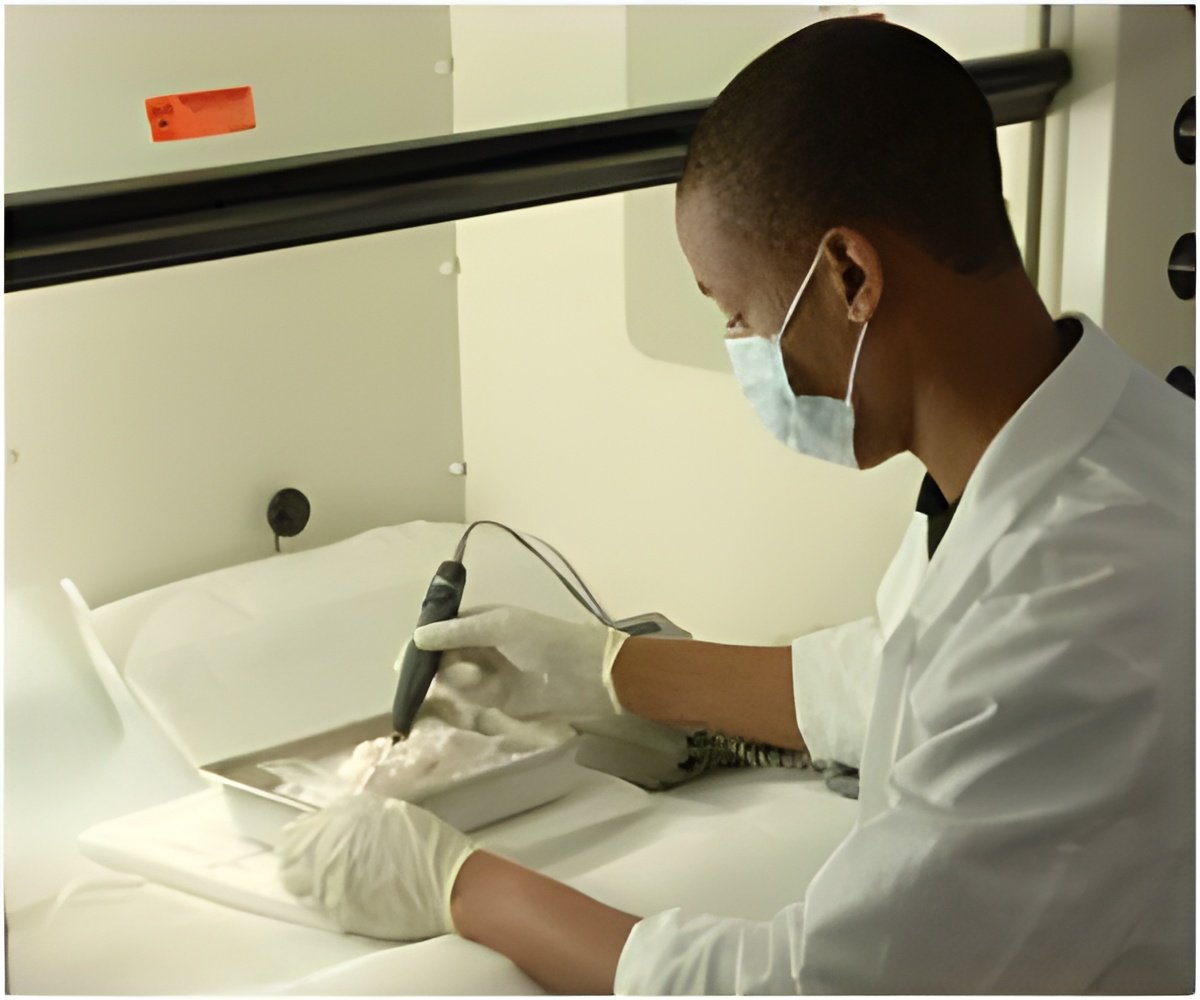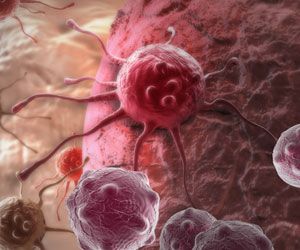Key mechanism of metastasis possibly leading to blocking tumor growth, provided findings are confirmed, has been identified by Scientists.

Waisman said the findings are an example of the complicated biology of cancer.
"We used to think that the only cells that mattered in a tumor were the cancer cells, and that's it, but now we are beginning to see that other cells must collaborate with cancer cells to drive tumor growth and permit an evolution of the cancer cells into metastatic cells. This change is what causes poor prognosis and ultimately what kills the patient," he said.
Waisman and colleagues discovered that tumors do not grow without macrophage assistance. These macrophages must come from the blood or from other locations in the tissues. How they are able to move through the tissues or from the blood supply into the tumor had always been a mystery.
These macrophages need to chew their way through the tissue that forms a barrier around the growing tumor in order to move into the tumor site and combine with the cancer cells. The researchers found on the outside surface of the macrophage is a protein called S100A10, which enables the macrophage to remove the tissue barriers retarding migration to the tumor site.
Theoretically, blocking either the macrophages or S100A10 chemically could slow, or even stop, tumor growth, Waisman said.
Advertisement
Source-ANI















